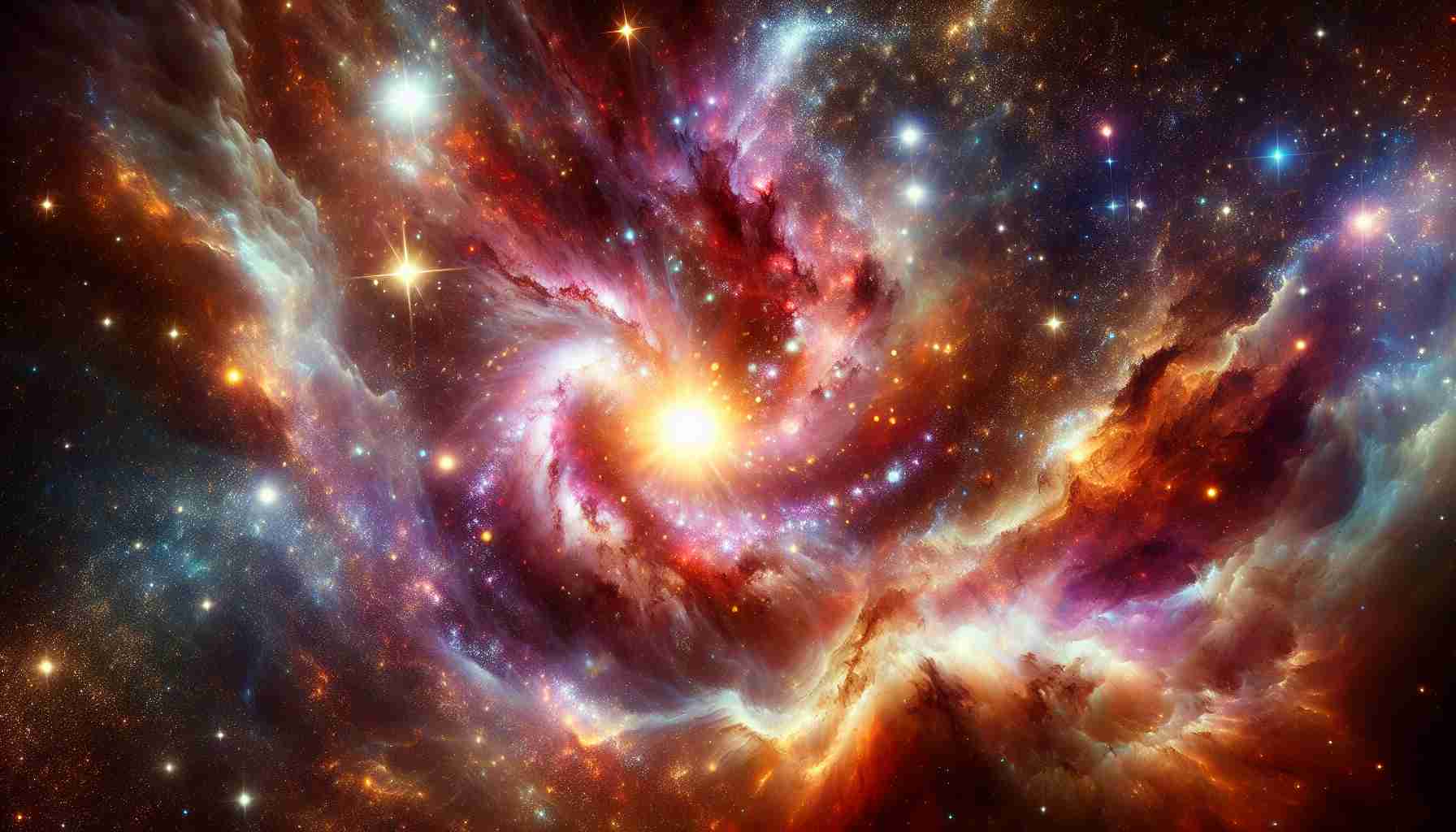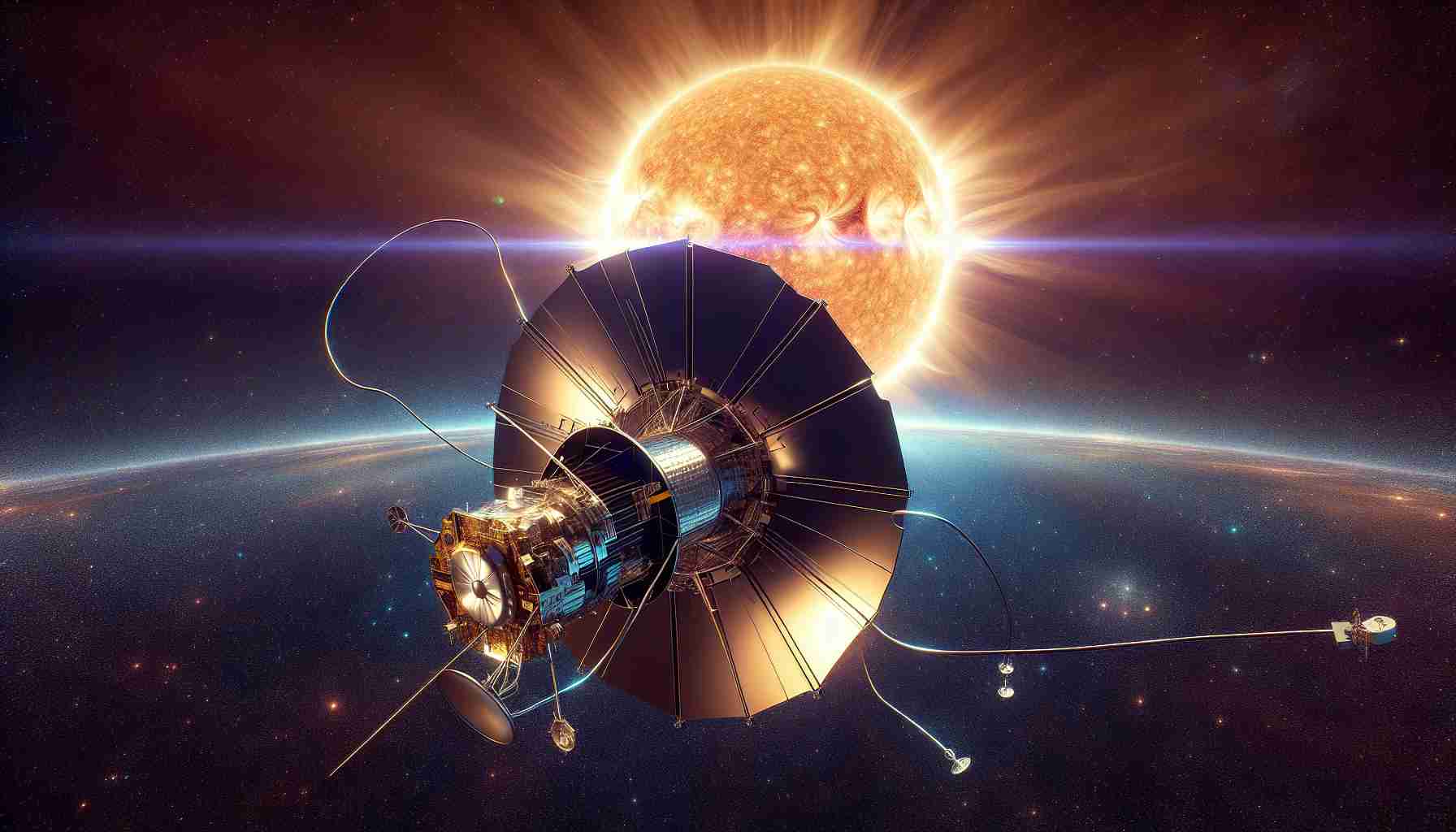Is Our Understanding of the Universe About to Change Forever? This Research Might Just Turn Everything Upside Down!
Revolutionary Insights into Dark Energy and Cosmic Expansion
For years, the concept of dark energy has been a cornerstone of cosmology, believed to make up almost 70% of the universe’s energy density and driving its elusive acceleration. Yet, cutting-edge research led by Professor David Wiltshire of the University of Canterbury now posits that this notion may be fundamentally flawed.
Professor Wiltshire’s study indicates that the perceived acceleration of the universe may not exist in the way we think. Rather, it may be a product of gravitational effects influencing the flow of time itself, inviting a reevaluation of how we understand cosmic behavior.
The idea of dark energy gained momentum in the 1990s when astronomers discovered that certain supernovae were more distant than predicted, suggesting an unforeseen acceleration in the universe’s expansion. The ΛCDM model, a leading cosmological framework, was adapted to incorporate this mysterious force.
However, consistency issues, such as the Hubble tension—the discrepancy between current expansion measurements and early-universe data—have emerged, prompting researchers to explore alternative models like the one proposed by Wiltshire’s team.
Their innovative timescape model suggests that time elapses differently in areas of varying gravitational density, resulting in a ‘grumpled’ structure of space-time. This variation creates an optical illusion of accelerated expansion.
As new observational missions, including NASA’s upcoming projects, seek to provide clearer cosmic data, they could be pivotal in evaluating the validity of these intriguing theories. If confirmed, this research could transform our fundamental understanding of the universe.
A Paradigm Shift: Rethinking Dark Energy and Cosmic Expansion
### Introduction to Dark Energy
Dark energy has long been a central concept in cosmology, essential for explaining the accelerated expansion of the universe. It is estimated to account for nearly 70% of the universe’s total energy density. However, recent findings from Professor David Wiltshire’s research challenge this established notion, suggesting that our understanding of cosmic expansion may require a substantial paradigm shift.
### Key Features of Wiltshire’s Timescape Model
Professor Wiltshire’s groundbreaking study introduces the **timescape model**, which posits that variations in gravitational density influence the flow of time across the universe. This diverges from the traditional view of dark energy and suggests the following:
1. **Gravitational Effects on Time**: Time may elapse differently in regions of differing gravitational forces, resulting in a ‘grumpled’ space-time fabric that affects our observations.
2. **Optical Illusion of Acceleration**: The perceived acceleration of the universe could be an illusion arising from these gravitational effects rather than an actual increase in the universe’s expansion rate.
### Contrasts with the ΛCDM Model
The ΛCDM model has been instrumental in cosmological theory since its adoption in the 1990s. It integrates dark energy into the equation governing the universe’s expansion based on observations of distant supernovae. While authoritative, this model faces issues like the **Hubble tension**, where current measurements of cosmic expansion rates clash with early-universe data.
#### Pros and Cons of Wiltshire’s Approach
**Pros**
– **Challenging Established Norms**: Provides a fresh perspective on cosmic expansion, encouraging debate and further research.
– **Possible Resolution to Hubble Tension**: Offers a potential explanation for inconsistencies observed in cosmic measurements.
**Cons**
– **Need for Empirical Evidence**: Requires robust observational support from future missions.
– **Potential Complexity**: The model’s implications might complicate existing understanding, necessitating significant adjustments in cosmological frameworks.
### Observational Missions and Future Research
The forthcoming observational missions by NASA and other organizations will play a critical role in validating or refuting Wiltshire’s innovative theories. These missions aim to enhance our understanding of cosmic structures and the fundamental forces at play.
### Security Aspects and Data Integrity
As we enter a new era of cosmic observation, ensuring the security and integrity of cosmic data becomes paramount. Advanced encryption and data analysis methods must be employed to protect findings and maintain the credibility of cosmic research.
### Sustainability in Cosmological Research
Exploring dark energy and cosmic expansion also prompts discussions about sustainability in scientific research. Eco-friendly technologies and practices should be embraced. As missions develop, emphasizing sustainability ensures minimal environmental impact while maximizing scientific returns.
### Conclusions and Predictions
If Wiltshire’s theories gain traction through forthcoming observational evidence, we may witness a transformative epoch in our understanding of the universe. This could lead to exciting new avenues for research and inquiry, potentially rewriting cosmic history as we know it.
For further insights into cosmology and space exploration, visit NASA.













